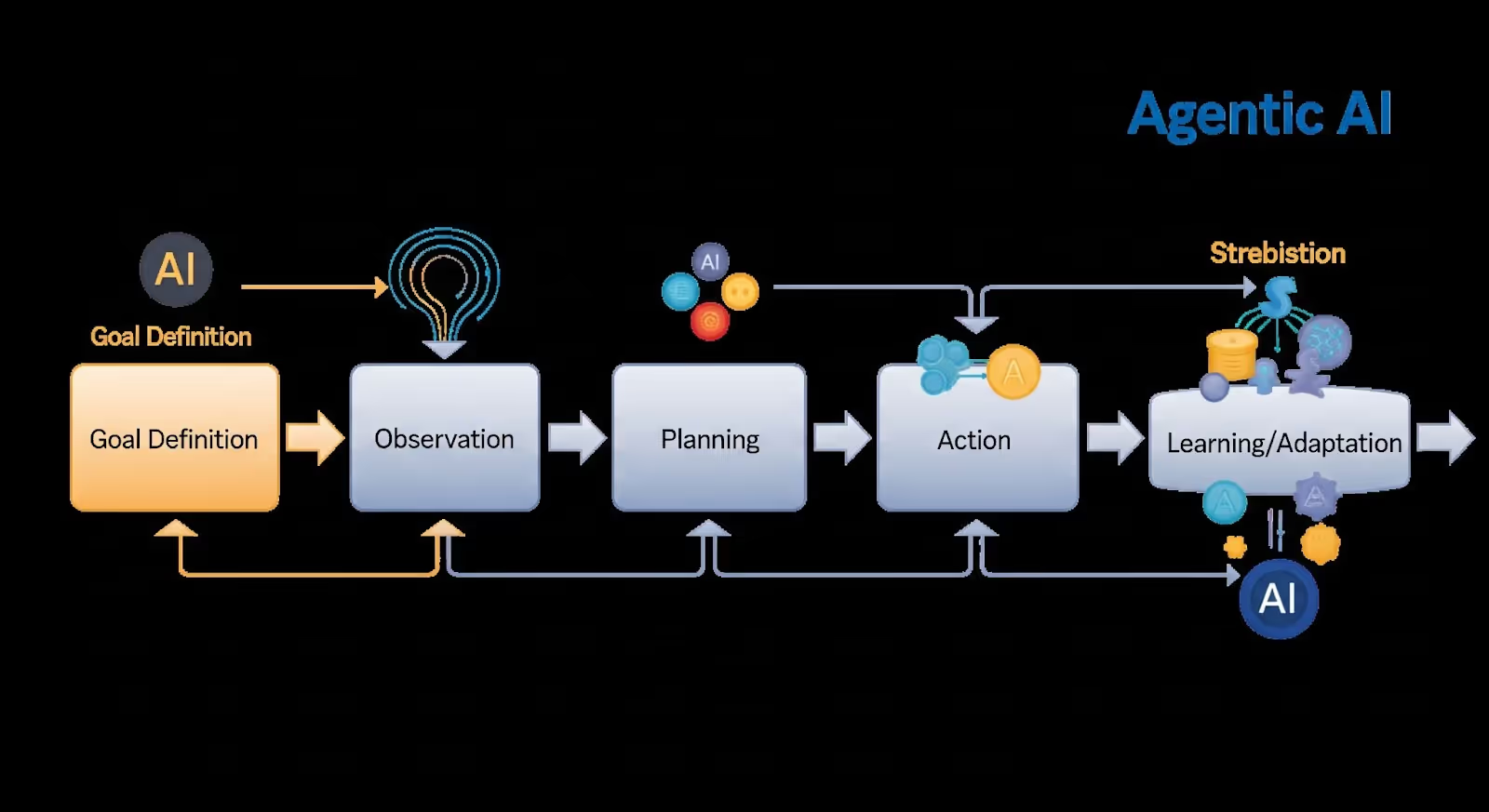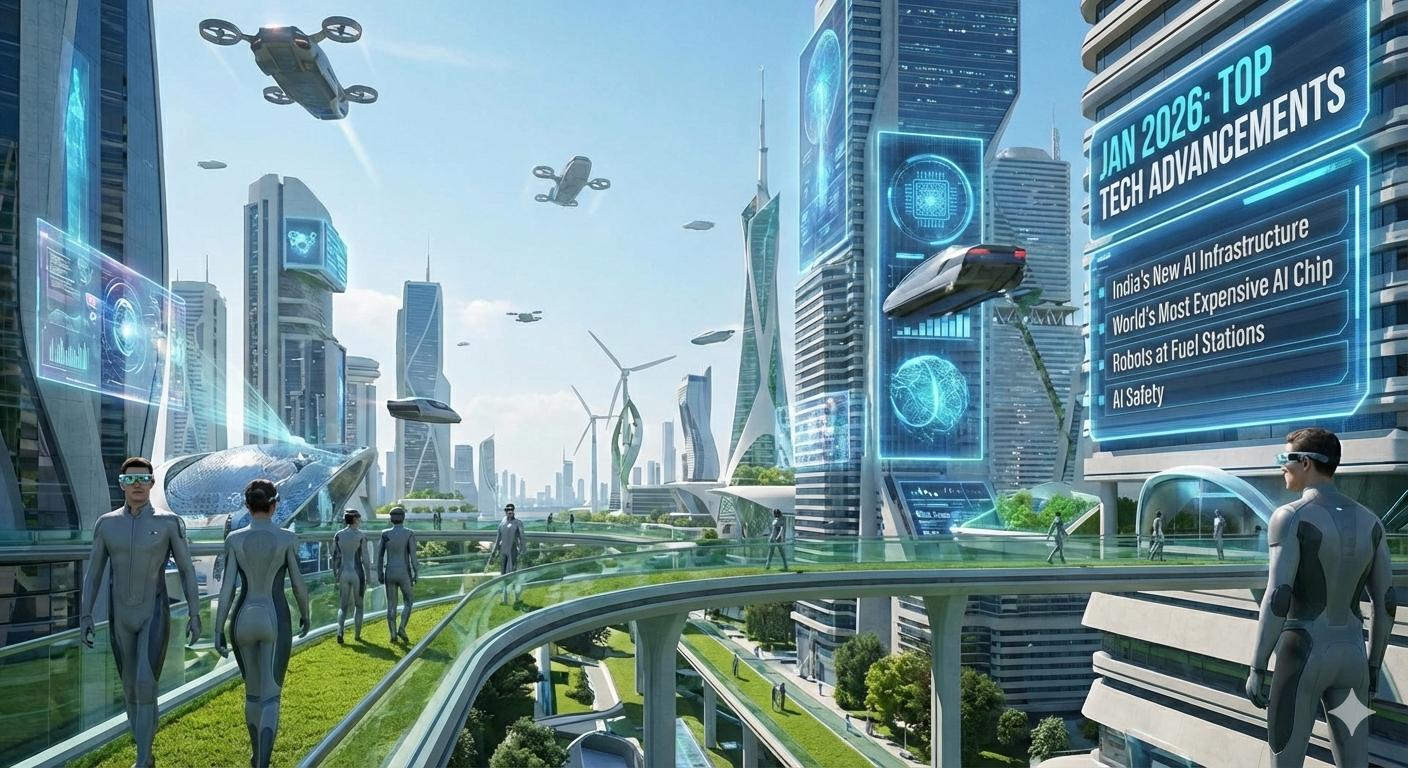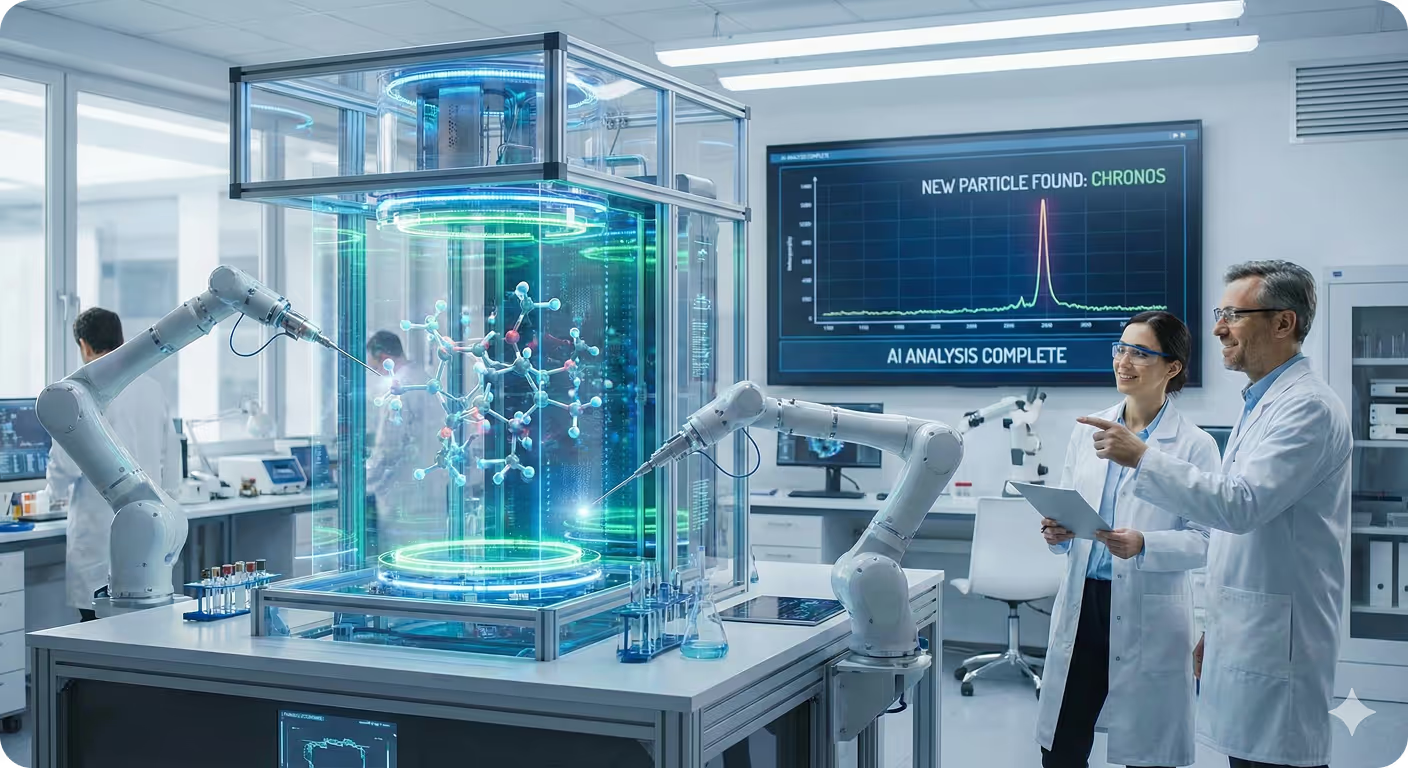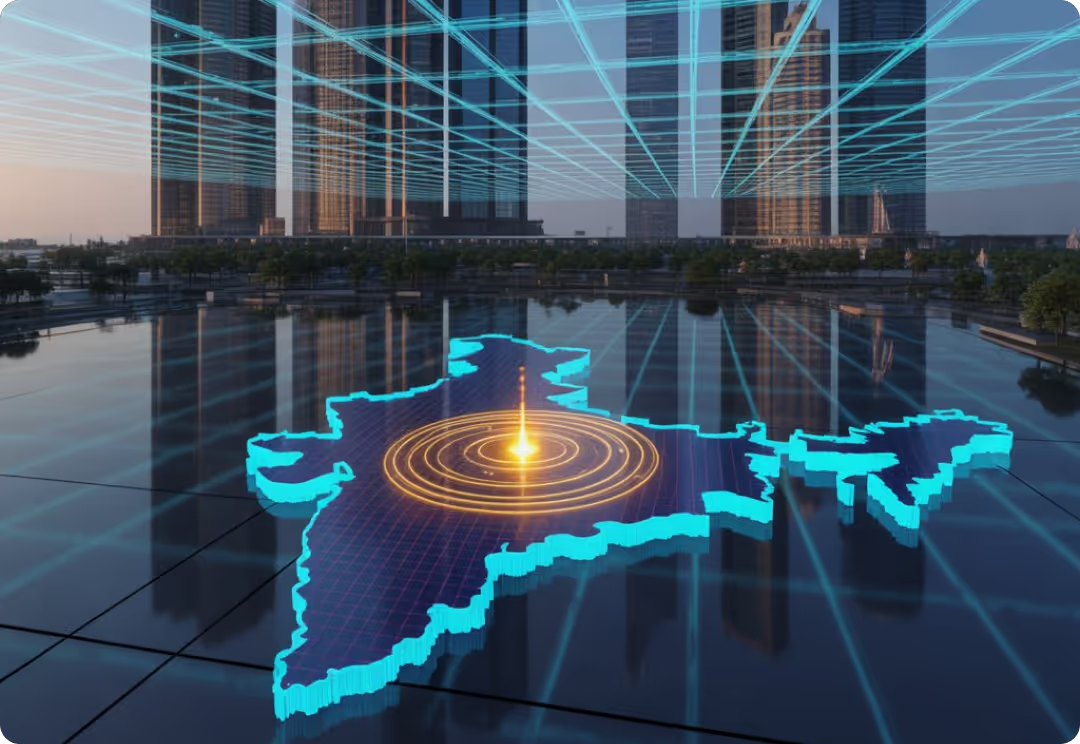Agentic AI: All you need to know about the new wave of AI systems

The field of Artificial Intelligence, or AI, is developing at such a rapid pace that it can be hard to keep up with all the new technologies and advancements happening almost every other week. AI is no longer just a passing fad but is very much here to stay, and is getting even more integrated in the world we live in. The popularity of Large Language Models or LLMs gave rise to apps like ChatGPT and advanced chatbots in apps and service-related fields. Then came Generative AI or GenAI, where LLMs were able to create images and videos based on simple text prompts. The industry has begun transitioning to Agentic AI, which is the new gold rush for AI companies. But, what exactly is Agentic AI.
What exactly is Agentic AI?
Agentic AI is a new type of AI system that has the ability to reason and achieve a goal autonomously, with minimal intervention from the user. Compared to a traditional AI system that simply does what it has been asked to do with a prompt, an Agentic AI system will break down the goal given to it by the user into smaller tasks and then find the optimal way to achieve each task. It also has the ability to learn from feedback (given by the user), revisit that task to see if it achieves the goal, and iterate on it. It can do all of this autonomously without human intervention.
For instance, a query like – “create a vacation plan for two adults and one child to Japan in the month of June. Make sure the trip is budget-friendly.” – given to a regular GenAI program will generate a rough itinerary, estimated costs, sites worth visiting, and so on, but all of this will be based on information it can access or has been trained on. You’ll still have to go ahead and do bookings for the flights and hotels yourself, verify if the information is current, and do the basic due diligence.

For an Agentic system, planning the vacation would be the end goal and to achieve it, it could create multiple tasks to check what would be the best time to visit Japan based on predicted weather patterns, keep tracking flight prices and shortlist the cheapest ones, look at hotel options that are at prime locations based on the itinerary, and so on. To finish all these tasks, an Agentic AI system can contract other AI Agents to gather information for it, and keep refining the plans based on any new information it gets. It can even go ahead and book flights and hotels on your behalf, with your permission. This level of autonomy is not achievable by traditional AI systems, which is what makes Agentic AI so special.
Is Agenctic AI and AI Agent the same thing?
Although these two terms have been used quite often, interchangeably at times, there are some key differences between them. An AI Agent is essentially an application or API that can be trained to complete specific tasks quickly. For instance, AI chatbots, the AI voice assistants on your phone, AI used in task automation or fault detection, and so on, are all examples of AI Agents. The capabilities of Agents are usually limited to the data they are trained on and might not have the ability to learn from feedback or remember your preferences for future tasks. They are built for completing simpler tasks and at high speeds.
Agentic AI does not prioritise speed but focuses on getting the job done well. A user will give it a goal to achieve along with guidelines (if needed), and the Agentic system will set up completing it in the best way possible. This could mean contacting one or more AI Agents to get information it lacks, learn from the new information, and adapting its workflow dynamically, keeping iterating on the steps taken to achieve the goal until it thinks it's free of error, and finally presenting the results to the user. The beauty of an Agentic AI system is that it can work independently, access multiple LLMs if needed, employ Agents to complete sub-tasks for it, adapt its workflow based on new data that it learns, and make decisions based on reasoning and analysis.
This makes an Agentic AI system truly general purpose since it can handle any complex query and it doesn’t have to be specially trained to complete tasks.
What are the use cases for Agentic AI?
Some of the main areas where Agentic AI can be truly helpful are in healthcare, cybersecurity, and autonomous vehicles. The latter is something that’s already being done by Waymo and Tesla with their full self-driving capabilities where the Agentic AI system onboard is constantly monitoring and processing data from radar, cameras, and sensors in the vehicles, and making split-second decisions on when to break, change lanes, or accelerate. Agentic AI systems are also highly useful in managing supply chains, ensuring there’s enough supply to meet demand.
What are the Agentic AI systems that are available today?
For developers looking to build programs on Agentic AI, there are many good open source frameworks available like Microsoft’s AutoGen and LangChain are the two of the more popular frameworks. For users who have little to no coding experience, CrewAI and AgentGPT are a popular choice. In early 2025, a Chinese startup Manus AI went viral as it demoed its Agentic AI system completing complex tasks on a broad range of topics, autonomously. In July 2025, Salesforce launched its Agentforce 3 Agentic AI system which adds better visibility for the user to see exactly what the agentic system is doing.
Are there any risks in using an Agentic AI system?
With any autonomous system, there are always going to be risks and challenges to overcome. With Agentic AI, the biggest one that jumps out first is the risk to data privacy. Because an Agentic system can tap into multiple sources of information, be it other Agents, LLMs, the internet, or other Agentic systems, it’s possible that your data could be parsed through various systems that you might not necessarily approve of. It’s very important to have safeguards and protections in place before Agentic systems can be deployed in sensitive environments or open for everyone to use.
The second burning concern would be accountability. Since Agentic systems are designed to make decisions independently, who is to be held accountable for an error or faulty decision that could cost a company millions of dollars in damages? Where Agentic systems need to make crucial decisions, like completing a high-value transaction or approval of a large shipping order to restock a warehouse, human intervention will have to be needed.
I’m sure we’ll get to a future where fully autonomous systems like J.A.R.V.I.S from the Iron Man movies will be able to handle most routine tasks for you, but until then, humans will take the final call.









